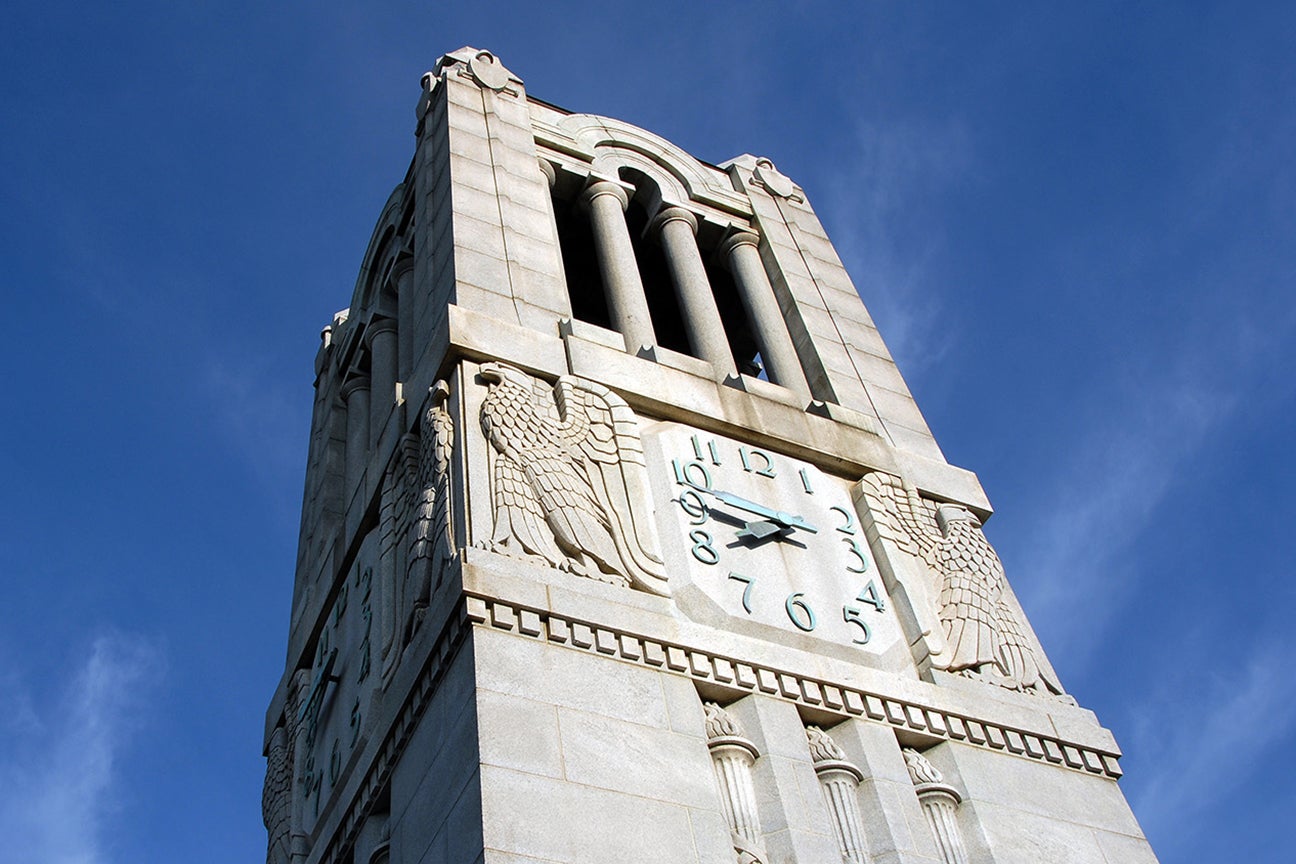UNC, NC State to resume in-person classes on Aug. 10
Published 10:49 pm Thursday, May 21, 2020

- Belltower at NCSU on a sunny Spring day. Roger Winstead photo, courtesy NC State
|
Getting your Trinity Audio player ready...
|
By SARAH BLAKE MORGAN and JONATHAN DREW, Associated Press
Two of North Carolina’s largest public universities announced plans Thursday for a condensed fall semester to guard against spreading COVID-19 as a top federal health official visiting the state stressed the importance of reopening the economy.
The chancellors of the University of North Carolina at Chapel Hill and North Carolina State University sent emails to students and faculty outlining the schedule. Both campuses will start Aug. 10, skip fall break and complete final exams before Thanksgiving to end the semester early. The measures are meant to eliminate travel related to fall break and guard against a possible second wave of coronavirus cases starting in late fall.
“Many public health experts believe our nation and our state could face a second wave of COVID-19 sometime in late fall or early winter,” NC State Chancellor Randy Woodson said in his email regarding the Raleigh campus. “This guidance led us to start and finish the semester early in an effort to try and stay ahead of a potential second wave.”
Last month, the leader of North Carolina’s public university system announced his intention for its 17 campuses to resume in-person classes in the fall, leaving details to individual chancellors and promising to accommodate those who aren’t comfortable returning to campus.
During a visit to the Charlotte area, federal Health and Human Services Secretary Alex Azar said the upcoming NASCAR Coca-Cola 600 on Sunday in Concord is “an important part of getting America back and to working, to school, to functioning, to getting people out and getting our activities going again.”
He praised North Carolina’s governor for moving the state into a second phase of loosened restrictions Friday, noting that economic downturns can lead to increased suicide rates and reductions in vaccinations and cancer screenings.
“Those are all very important health consequences of the stay-at-home measures that are there to prevent against disease spread. And so everything has to be balanced . . . And so that’s why it’s important to see what Gov. Cooper is doing here with the move tomorrow to Phase 2,” he said.
Azar addressed reporters after touring a testing center at the Charlotte Motor Speedway and having a discussion with health leaders about reopening state economies.
Asked by a reporter if state reopenings could cause spikes in virus cases, Azar said it’s too early to tell and that the data is “inconclusive.”
Asked about what preparations Charlotte will need to make to safely host the Republican National Convention in August, Azar said increasing testing capacity will be important. However, he didn’t refer to a traditional in-person convention as a certainty, but rather noted that “we’re several months away from the possibility of the RNC.”
Statewide, health officials announced nearly 21,000 positive cases as of Thursday, an increase of about 700 from the previous day. The state has about 700 virus deaths and nearly 600 hospitalizations. North Carolina also reported its first case of multisystem inflammatory syndrome in children, a rare condition linked with the coronavirus.
Meanwhile, Tyson Foods reported 570 cases of COVID-19 at a poultry processing complex in Wilkesboro. Tyson issued a statement that it tested more than 2,000 workers and that most testing positive are asymptomatic. Tyson said it’s increasing testing, health care options and protective gear.
Statewide, health officials tallied about 2,000 virus cases in at least 27 meat-processing plants.
The state’s court system also announced the extension of many case deadlines to July 31 and said no jury trials will be held until August.
READ ABOUT MORE SCHOOL NEWS HERE.
RECENT HEADLINES:
BCCC to livestream graduation ceremony and hold celebration parade
Arty Tillett reflects on his time in Dare and looks to the future





